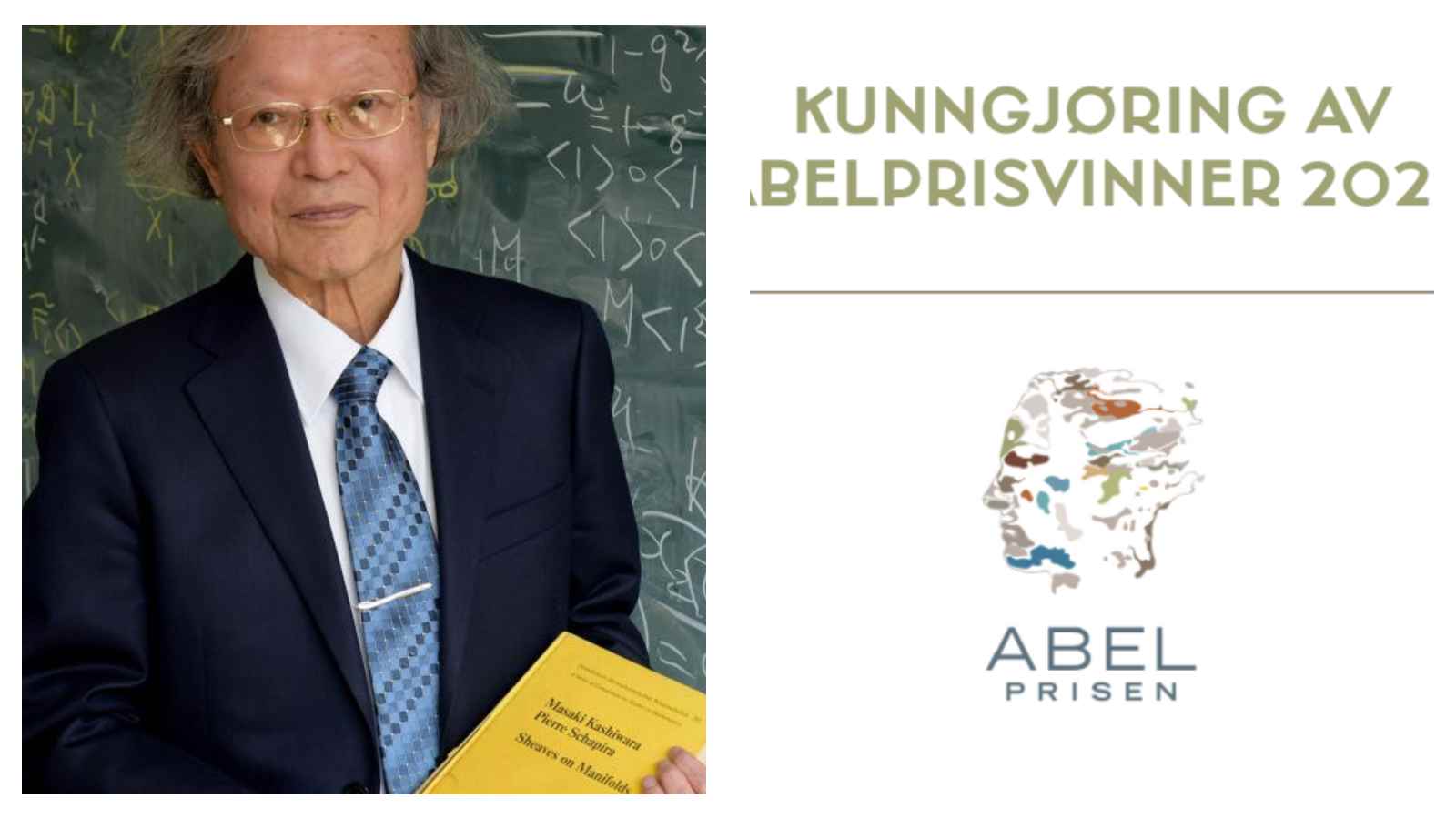By Ciara Mina
The 2025 Abel Prize – the equivalent of a Nobel prize for a mathematician – has been awarded to Japanese mathematician Masaki Kashiwara.
He is the first Japanese national and the first person based outside of North America, Europe, or Israel to have received the prize.
“First of all, he [Masaki Kashiwara] has solved some open conjectures – hard problems that have been around,” Abel prize committee chairman Helge Holden stated.
“And second, he has opened new avenues, connecting areas that were not known to be connected before. This is something that always surprises mathematicians.”
Kashiwara will receive his award in Oslo on May 20, and it will come with NOK7.5 million (roughly $700,000).
Kashiwara’s contributions
Kashiwara won the award for “his fundamental contributions to algebraic analysis and representation theory, in particular the development of the theory of D-modules and the discovery of crystal bases.”
Kashiwara started working on his master’s thesis in 1970 while studying under the late mathematician Mikio Sato at the University of Tokyo.
He was tasked with creating algebraic instruments for object analysis research.
Kashiwara, who was only 23 at the time, developed what are known as D-modules, which enable the extraction of valuable information from differential equations.
For instance, D-modules can be used to evaluate if there are “singularities” – that is, areas where equation solutions take on infinite values.
It is also possible to determine the number of solutions to the equations using the modules.
Kashiwara’s master’s thesis findings influenced the development of algebraic analysis, but it took twenty-five years for his study, which he had originally written in Japanese, to be translated into English and become more available to a larger audience.
YOU MAY ALSO LIKE: Australia takes on role of Pacific region’s biggest donor

Kashiwara’s work challenging for lay people
When asked if his work has been applied to specific, real-world issues, Kashiwara stated: “No, nothing.”
According to Abel prize chairman Holden, Kashiwara’s work was more abstract than that of some previous Abel prize laureates, making it challenging for non-mathematicians to understand.
His work sees several abstract mathematical concepts more or less tied together to form more abstract combinations that are useful to mathematicians working on a range of problems.
“He has to solve one by solving the others, and they’re all connected. And if one falls, the whole thing falls. So he is able to combine them in a very deep and very clever way.”
However, Holden stated that he was unable to offer a straightforward interpretation of the evidence. “That’s hard.” “I think it’s not easy. I’m sorry,” Kashiwara stated.
READ NEXT: Vietnam celebrates UNESCO recognition of local festival
